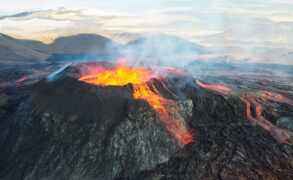
Why is the world’s largest volcano in the middle of nowhere?
Mauna Loa in Hawaii is the world’s largest active volcano, and its 2022 eruption was the volcano’s 34th since 1843. But why is such a giant volcano located in the middle of the…
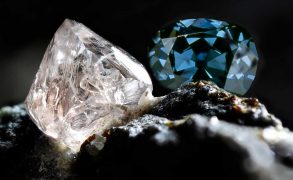
Superdeep diamonds reveal the limits of carbon-based life
For the first time, analyses of diamonds have demonstrated how deeply life leaves its mark inside the Earth. All life on Earth is part of the carbon cycle. Plants and animals are made…
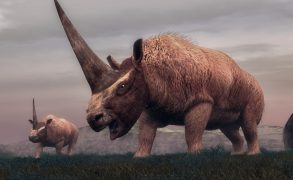
Our ancestors hunted a Siberian unicorn
A prehistoric rhinoceros nicknamed the Siberian unicorn roamed the tundra when modern man arrived in the region, according to new research. The rhino with the Latin name of Elasmotherium sibiricum weighed more than…
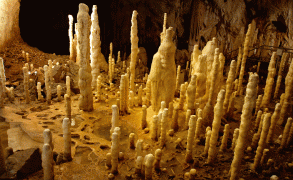
What stalagmites tell us about climate change
Cave formations can act as prehistoric weather stations.
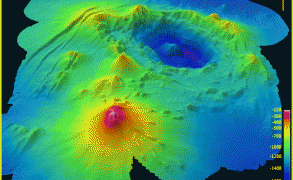
Volcanic growth spurt
A submarine volcano has undergone the fastest rate of growth and collapse ever recorded.
Amasia, the new supercontinent
All of Earth’s current continents will form Amasia, a single landmass, in 50 to 200 million years time.
Lunar mineral discovered in Western Australia
A mineral thought to be unique to the Moon has been discovered in the Pilbara region.
Early life on Earth had sulphur-based metabolisms
Microfossils from the Pilbara in Western Australia have extended the fossil record of sulphur-loving bacteria by 500 million years or more.
New technique reveals how glaciers sculpt valleys
What did the alpine landscapes of New Zealand look like before glaciation began?



